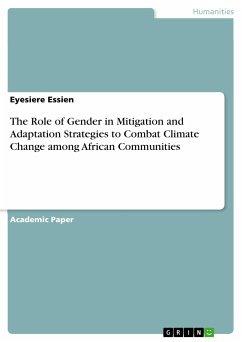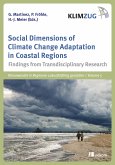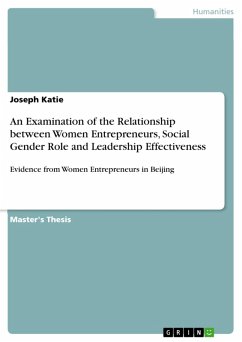Academic Paper from the year 2023 in the subject Gender Studies, Wake Forest University (Communication), language: English, abstract: The role of gender in mitigation and adaptation strategies to combat climate change in African communities is an important one. Gender affects the ways in which climate change impacts different groups in different ways, and thus it is important to consider the role of gender in both mitigating and adapting to climate change in African communities. For example, women typically have less access to resources and decision-making power within the communities, so they must often rely on men for help with climate change adaptation. Women are more likely to take part in activities that reduce greenhouse gas emissions, such as energy conservation and sustainable agriculture practices. They have important knowledge about the local environment and its potential for mitigating climate change which can help inform mitigation strategies but are often left out of the decision-making process when it comes to mitigation and adaptation strategies, which can lead to strategies that do not properly account for their interests or needs. Gender-specific adaptation strategies can help ensure that women are able to participate in the development of adaptation plans and fully benefit from them. In addition, research has shown that communities in which gender roles are more equitable often have better outcomes in terms of climate change mitigation and adaptation. Therefore, it is important to ensure that gender roles are taken into consideration when creating and implementing policies related to climate change.
Dieser Download kann aus rechtlichen Gründen nur mit Rechnungsadresse in A, B, BG, CY, CZ, D, DK, EW, E, FIN, F, GR, HR, H, IRL, I, LT, L, LR, M, NL, PL, P, R, S, SLO, SK ausgeliefert werden.









